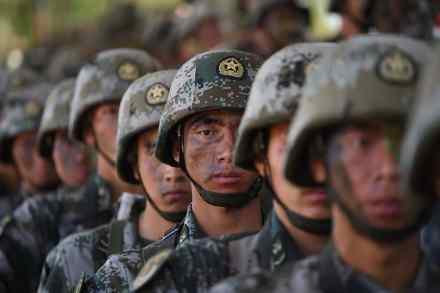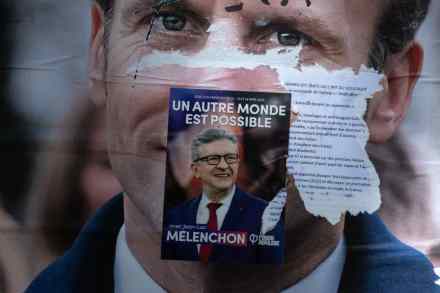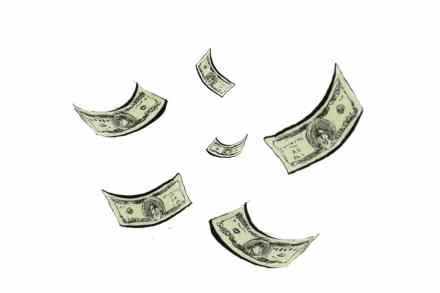How powerful is the People’s Liberation Army?
43 min listen
It’s clear now that Vladimir Putin didn’t expect his army to perform quite so badly when invading Ukraine. As much as that is celebrated in much of the world, it will be a cause for concern – or at least a moment for learning – amongst Beijing’s military leaders. Because Russia has always been a heavy influence and source of strategy and equipment for China’s People’s Liberation Army, ever since the days of the Soviet Union. So could the PLA – which hasn’t been in active combat since Vietnam in 1979 – similarly flounder? That’s the burning question my guests and I discuss in the latest episode of Chinese Whispers.






















